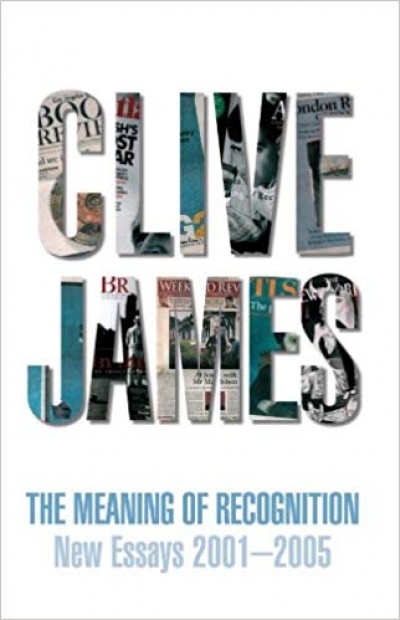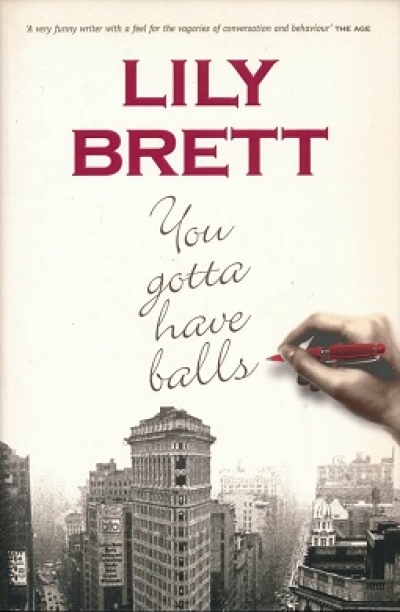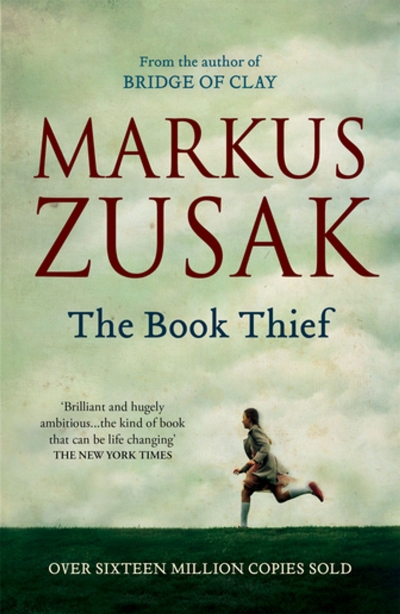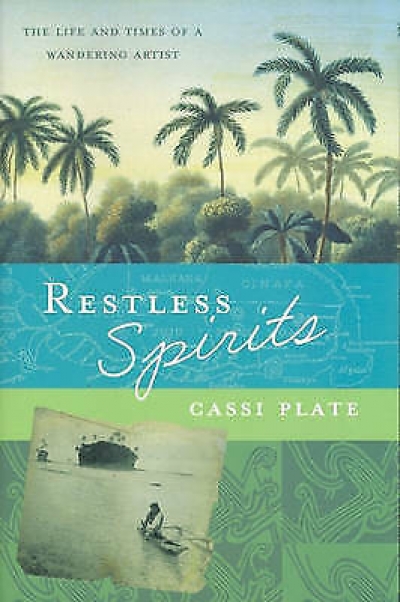Picador
The Meaning of Recognition: New Essays 2001–2005 by Clive James
by Richard King •
Neal Blewett reviews 'Losing It' by Annabel Crabb, 'Loner: Inside a Labor tragedy' by Bernard Lagan, and 'The Latham Diaries' by Mark Latham
by Neal Blewett •
Although you might not guess it from media comment, The Latham Diaries (MUP, $39.95 hb, 429 pp, 0522852157) is the most important book yet published on Labor’s wilderness years. It provides a pungent characterisation of Labor’s post-1996 history; conveys a profound understanding of the challenges facing a social democratic party in contemporary Australia ...
... (read more)Road Story by Julienne van Loon & Everyman’s Rules for Scientific Living by Carrie Tiffany
by Michelle Griffin •
The Singing by Stephanie Bishop & The Patron Saint Of Eels by Gregory Day
by Sarah Kanowski •









